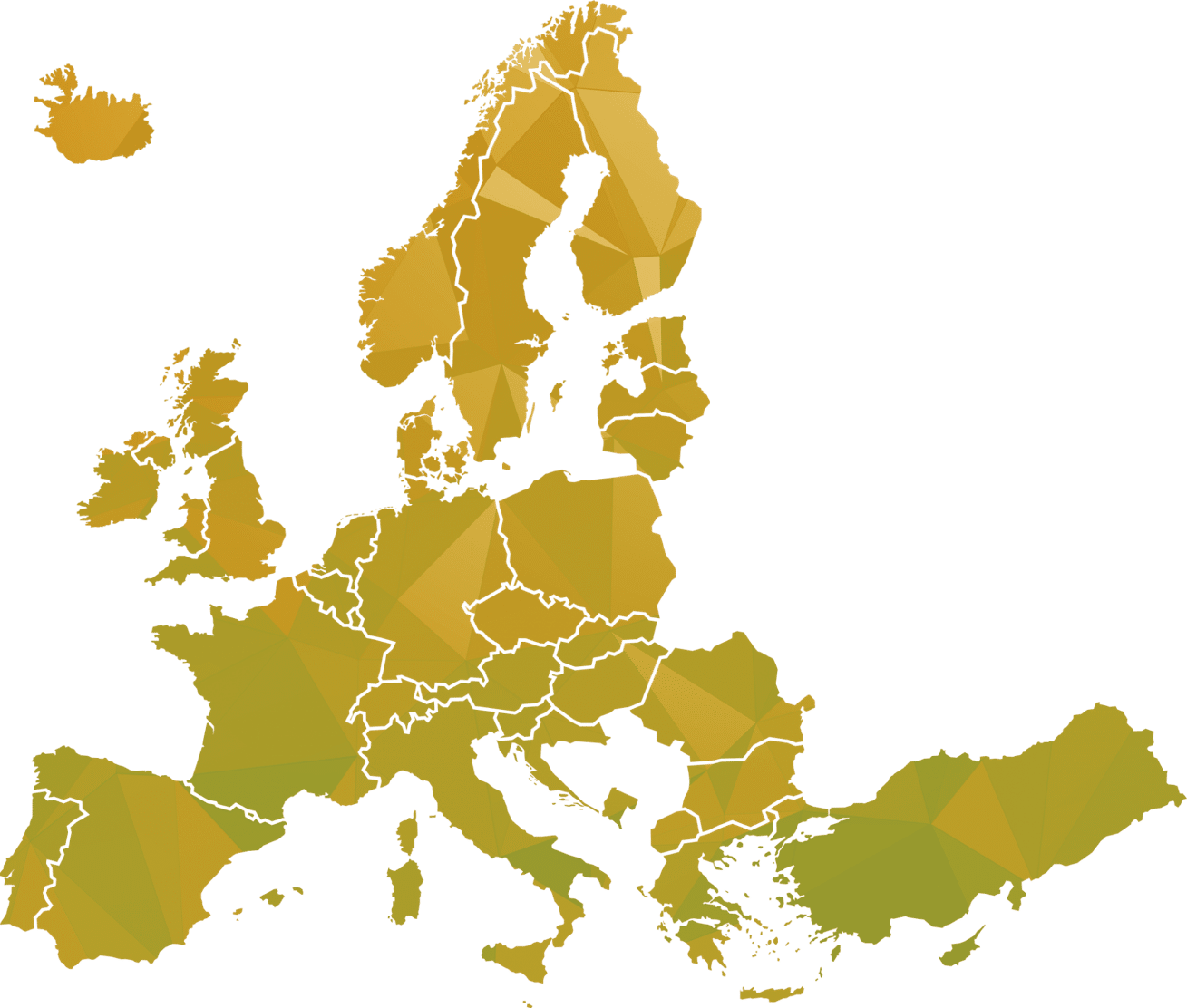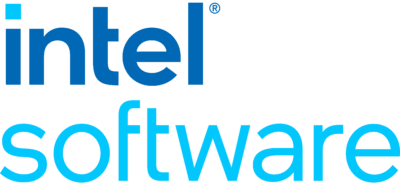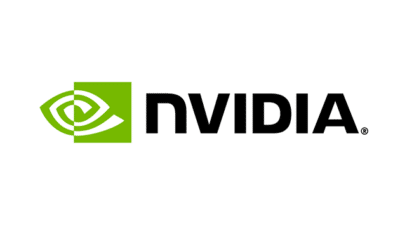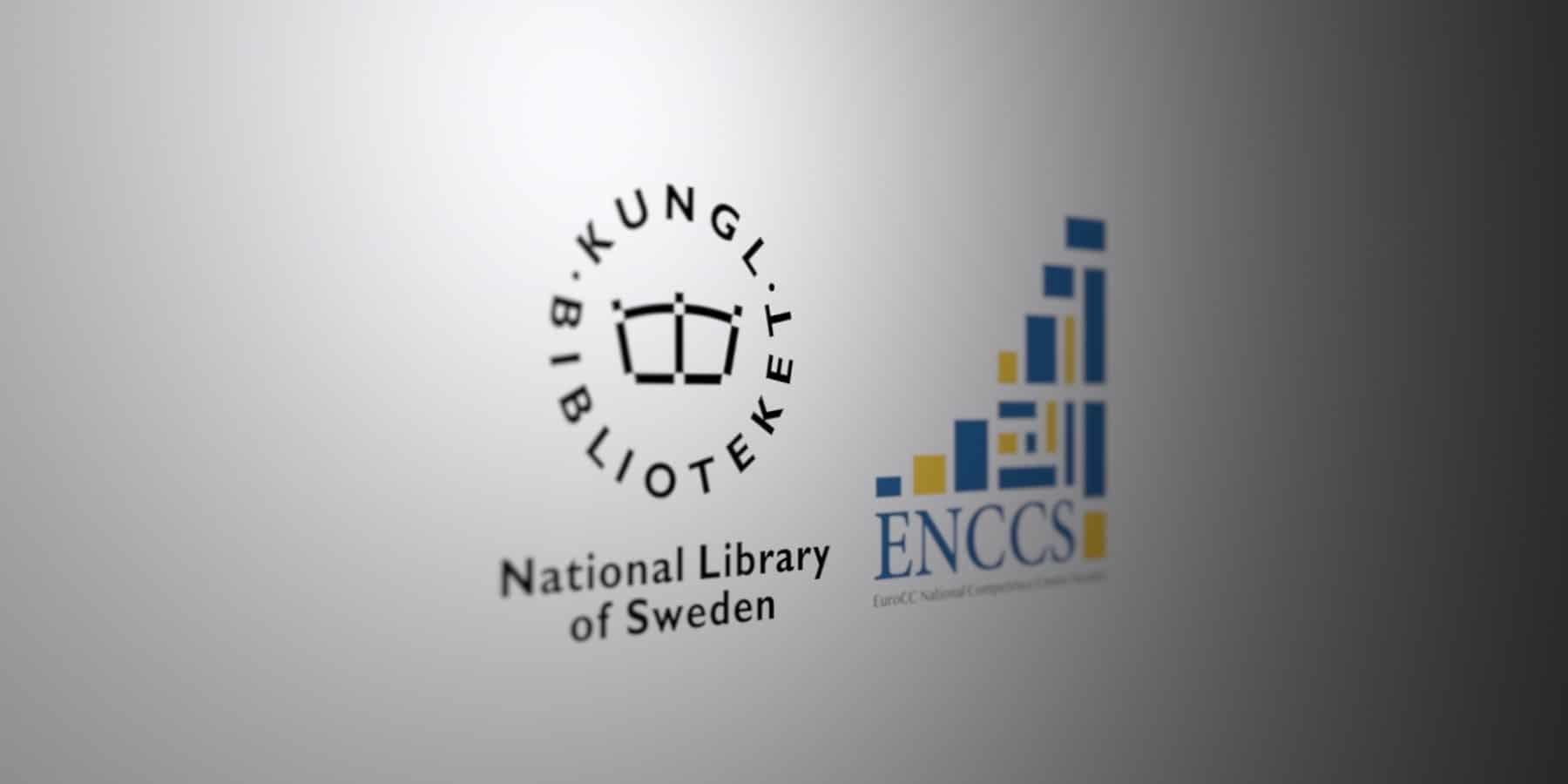WELCOME TO EUROCC ACCESS

The National Competence Centres (NCCs) are the central points of contact for HPC and related technologies in their country.
Their missions are to:
- Develop and display a comprehensive and transparent map of HPC competences and institutions in their country
- Act as a gateway for industry and academia to providers with suitable expertise or relevant projects, may that be national or international
- Collect HPC training offers in their country and display them in a central place together with international training offers collected by other NCCs
- Foster the industrial uptake of HPC
LET’S GET YOU STARTED!
About the project
About this website
About this HPC
About Green HPC
About the EuroCC Origins
OUR SERVICES
COMPETENCES
Find an overview about the general and NCC specific competences of the EuroCC Network!
TRAINING
Find the various training offers from our EuroCC network!
EVENTS
Find the events of our EuroCC Network!
RESOURCES
Find useful infomation about all HPC-related topics in the form of documents, presentation and videos!
OUR PARTNERS
We connect the NCCs to different stakeholders in the HPC ecosystems. You can see some of our collaborators here:



WHAT’S NEW?
-

NCC Denmark will help uncover new ground in quantum chemistry!
One of the very first projects to ever run on LUMI will be a Danish project exploring the boundaries in quantum chemistry. In such a groundbreaking trial run, everything can fail and everything can succeed.
-

NCC Sweden: First public administration actor on a EuroHPC System!
The National Library of Sweden has been awarded development access to the Vega EuroHPC JU system making it the first public administration actor in Sweden to access the system. The successful application was a joint effort between KB expert Dr. Love Börjeson and his group, and ENCCS expert Dr. Hossein Ehteshami.
-

Exascale Computing day with an open day at NCC Slovenia!
“Exascale” computers are supercomputers of the future that will be able to compute at least 10^18 floating-point operations per second (1 exaFLOPS). You might wonder what this means and in what way Slovenia plays an important role in supercomputing development with its knowledge, investments in infrastructure and usage of powerful systems — all of this…